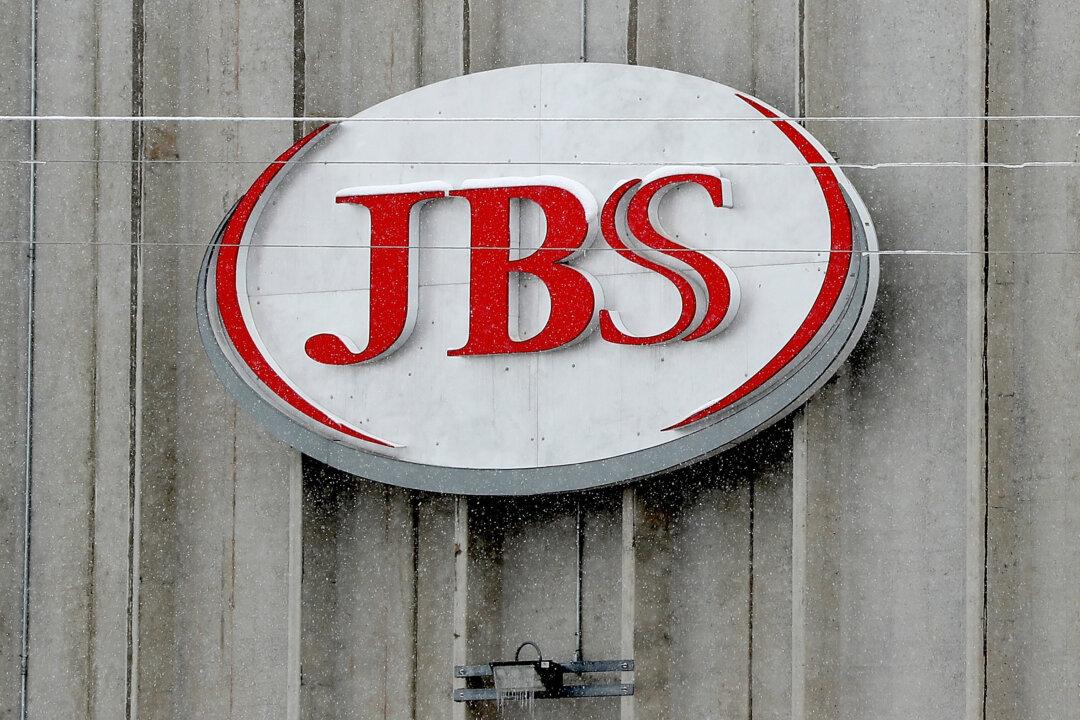A cyberattack has paralysed the world’s largest meat processing company JBS with operations shutting down in Australia and further stoppages expected across North and South America.
Australian subsidiary, JBS Australia, was forced to close its operations on Monday and cancel its beef and lamb processing orders as a response.





